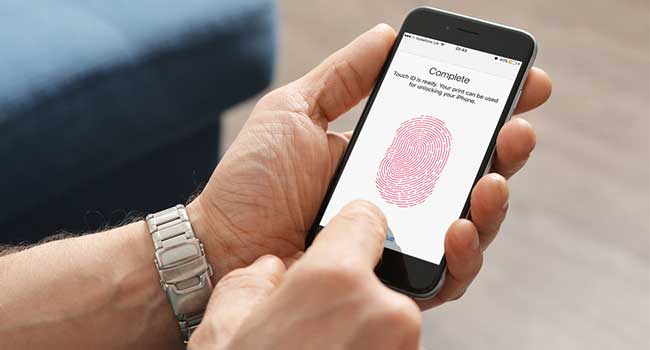
How Apple's New iOS Could Give You Better Data Security
The iOS 11 has been in beta testing for a few weeks now and many users are reporting a new discovered security feature that could boost a user's data security and make it harder for police to find information.
Techies, consumers and iPhone haters alike will all be on the edges of their seats today as Apple makes it's newest set of announcements concerning iOS 11, the iPhone 8 and many more innovations.
The iOS 11 has been in beta testing for a few weeks now and many users are reporting a new discovered security feature that could boost a user's data security and make it harder for police to find information.
Apple has added a requirement that forces iPhone users to use both a fingerprint and their device passcode to establish a "trusting" relationship with computers on which they want to backup their devices. The feature, which was discovered by security firm Elcosoft, means there is an additional step for users to access a backup - and an additional step for law enforcement to do the same.
Law enforcement has been long frustration by their inability to access the data on suspects' phones due to the high amount of security already protecting the device. For example, a user can enable a passcode or fingerprint scan to access the phone's information. If the phone has been turned off for some time, it could require both.
Apple's decision to add the passcode requirement to backups might seem like a small security upgrade for users to ensure their data is protected, but it might also prove to be an additional barrier between evidence in a case for police as iPhone data without a fingerprint and passcode will remain encrypted.
It's unclear exactly why Apple made the change and how law enforcement might respond to it. However, reports say that Apple is planning to drop the fingerprint sensor in a device it could launch this year called the iPhone X, the company might have felt it had no other option but to add passcode support to backups.